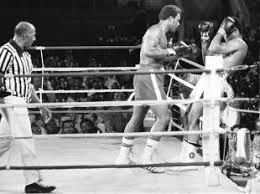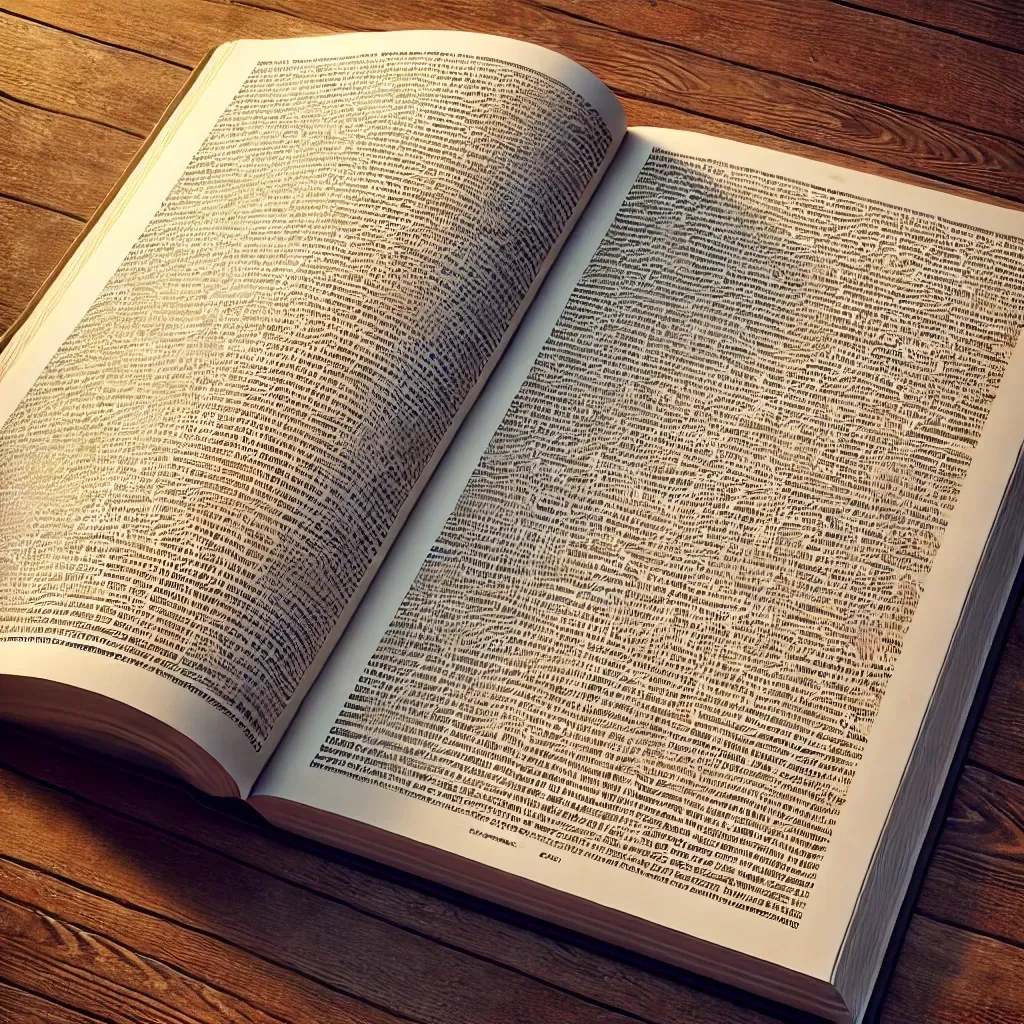Nib #48 — Concision
One of the most important qualities of good writing — second, perhaps, only to clarity — is concision. Writers should strive to pack as much information as they can — to cover as much ground, as it were — per word.
Concision is distinct from brevity. Brevity means shortness as such — short sentences, short paragraphs, short compositions. Concision, on the other hand, refers to economy of language — speed and efficiency, conveying ideas in as few words as is necessary.
Think of it this way: a 300-word memo is not necessarily better than a 1,000-word memo. But if it clearly communicates everything the 1,000-word memo does, the 300-word memo is almost certainly better.
Concision saves time and reduces confusion. It also spurs writers toward eloquence.
Consider the little passages below. Try to ignore their familiarity and poetic beauty, and consider instead just how much information — identities, ideas, images, emotions — they communicate in a few words:
“Hope is the thing with feathers — That perches in the soul…”
“We hold these truths to be self-evident, that all men are created equal…”
“… government of the people, by the people, for the people…”
“In the beginning was the Word, and the Word was with God, and the Word was God.”
Think about how many sentences — paragraphs! — it would take you to convey the fullness of those thoughts in your own words.
That’s the power of concision. It charges writing the way reducing intensifies a sauce, or eliminating wasted motion gives an athlete more speed and power. The fewer words used expressing a thought, the more potent each word — and the overall composition — becomes.
Until next week… keep writing!



All Rights Reserved 2024 Inkling Communications | Privacy Policy
Website Designed By Royals Advertising








